10 Best Early Retirement Books You Need To Read
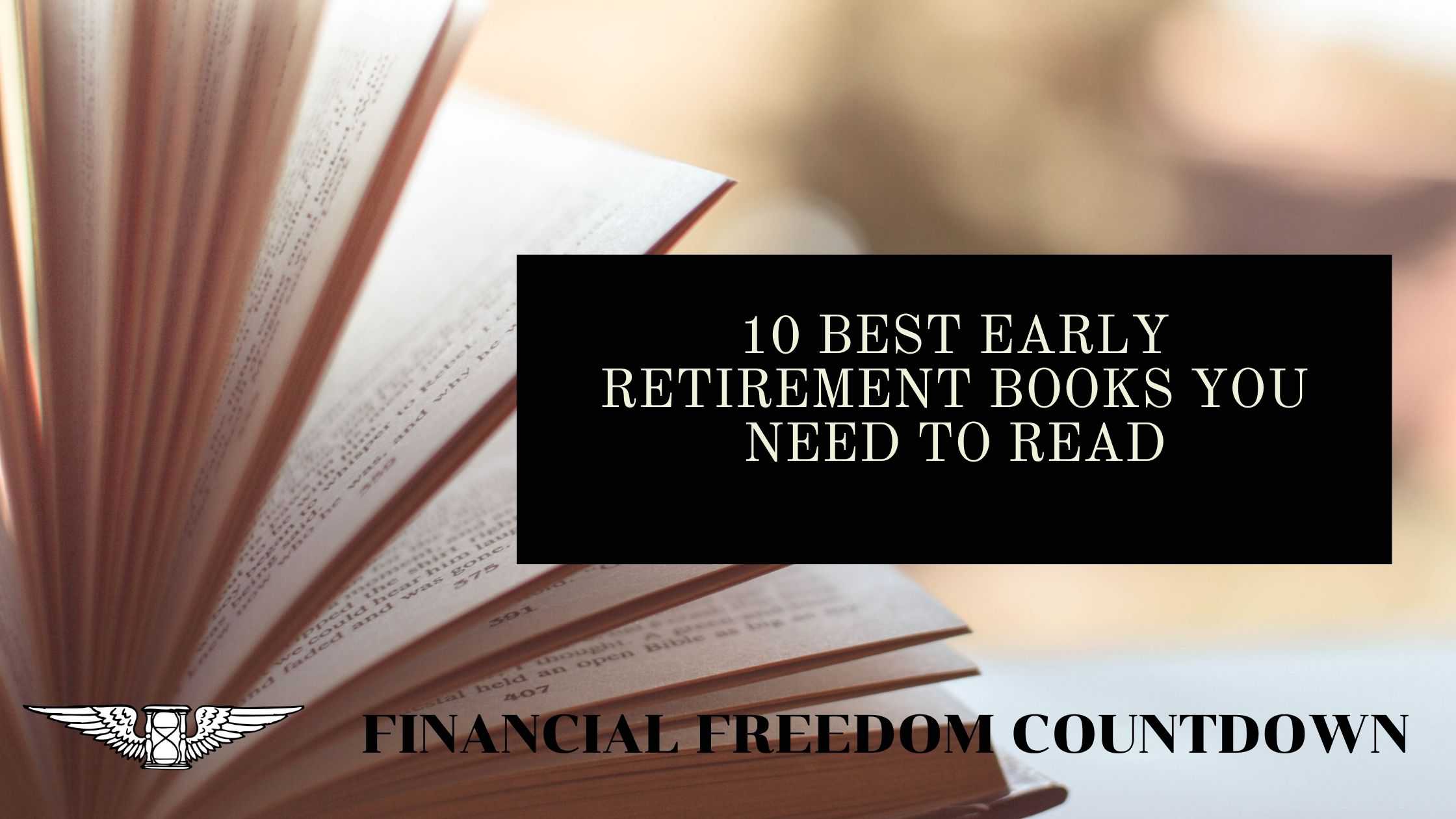
From a return on investment perspective, books on early retirement provide the best bang for your buck. You can walk in the footsteps of others and avoid making the same mistakes. For less than $15, you get the lifelong learnings of other individuals.
The early retirement books might contain only high-level concepts and not talk about current events, but they provide a suitable foundation by explaining the basic concepts. Financial Independence Early Retirement (FIRE) has become more mainstream several individuals have chronicled their journey sprinkled with concrete advice.
I am a massive fan of reading, and here is my list of the top 10 early retirement books.
Your Money Or Your Life
Vicki Robin and Joe Dominguez wrote this book in 1992. You can consider them to one of the earliest proponents of Financial Freedom before it was in vogue.
The book’s basic concept emphasizes that when we work, we exchange our life energy (usually in the form of time) for money. In the early days of starting our careers, the exchange is inevitable as we have no assets. The only way to earn more money is to improve our human capital. Once we accumulate income-producing assets, we realize the dream of passive income. We have more free time to spend on activities we enjoy.
I’ve talked in the past how my VP was unable to be with her sister just before she passed away. Although she was a VP, earning at least 3X more than me, and yet was a “wage slave,” hit me like a tidal wave.
My VP’s experience is a perfect example of choosing money over life. The book does not say one is better than the other. Only that we should be aware of the trade-offs as we make decisions. The book covers the basics of getting out of debt, building savings, and investing. A key takeaway from this book is that you can live well with fewer material possessions and declutter your life.
Five Regrets Of The Dying
I have talked about this book in my post on 5 regrets of the dying. I also connected each regret to why financial freedom is the answer.
At a high level, the book documents the regrets Bronnie Ware heard from her patients in the final weeks of their lives. Like Your Money Or Your Life, this book helps us consider the pros and cons of various decisions we make. Although the book doesn’t cover financial independence directly, it helps with the mindest.
Early Retirement Extreme
Jacob Lund Fisker is considered the OG of the early retirement movement. And the best part is that he was living in the San Francisco Bay Area dreaming of early retirement. As the title suggests, his plan on how to retire early is quite extreme. He achieved financial independence by 30 and retired by 33.
The book is packed with practical advice and provides a framework for achieving financial independence in 10 years. The Plato’s cave story is quite powerful, and the book talks about escaping the trap of consumerism.
I consider Early Retirement Extreme as a high-level concept book. Also wouldn’t recommend this book as an introductory book when trying to convert others to early retirement. Given that he managed to live in San Francisco with a very low annual spend, some of the tactics seemed too extreme even for me. I believe in avoiding the challenge of deprivation when pursuing financial freedom. Going too intense sucks the fun out of the journey by having a narrow focus only on the destination.
I’d recommend this book only at some point later down the road when you and your partner want to fine-tune your priorities regarding how soon you want to achieve Financial Freedom and what sacrifices you are both jointly willing to make.
The Simple Path to Wealth
JL Collins started a blog as a series of letters for his daughter. Over some time, he wrote several posts which formed the famous Stock Series. He compiled them into a book titled “The Simple Path to Wealth”
At a high level, the book’s concepts are to buy the Total Stock Market Index periodically and not worry about the bull and bear markets you would experience in your lifetime. It is an early retirement book favorite due to the simplicity of the message.
The best way to implement the strategy is to sign up for M1 Finance, which buys the various index fund ETFs and automatically rebalances with no fees. The absence of fees results in more money in your pocket. The automation of the investment removes any physiological barriers we have with investing based on market news or levels. Check out my M1 Finance review for more details on how I use it for investing.
How Much Money Do I Need To Retire
Todd Tresidder is a former hedge fund manager and tries to answer the age-old question, “when can I retire“?
Todd talks about three different financial approaches to retirement planning.
1) Traditional Model, which is an asset-based approach and is used in many free retirement calculators. His criticism is that the traditional model does not account for longevity risk or inflation.
2) Lifestyle Planning model focuses less on income in retirement and more on projecting what the spending will be in your retirement years. Spending in retirement is not smooth. I covered how their free Retirement Planner tool is used for future goals-based expenditure in my Personal Capital review. You can sign up for a free account and try this feature.
3) Cash Flow model relies on turning your assets into cash flow and using that to plan your retirement. He also talks about some of the misleading assumptions embedded in calculating retirement nest eggs.
I consider this early retirement book to be used for planning your retirement numbers and approach.
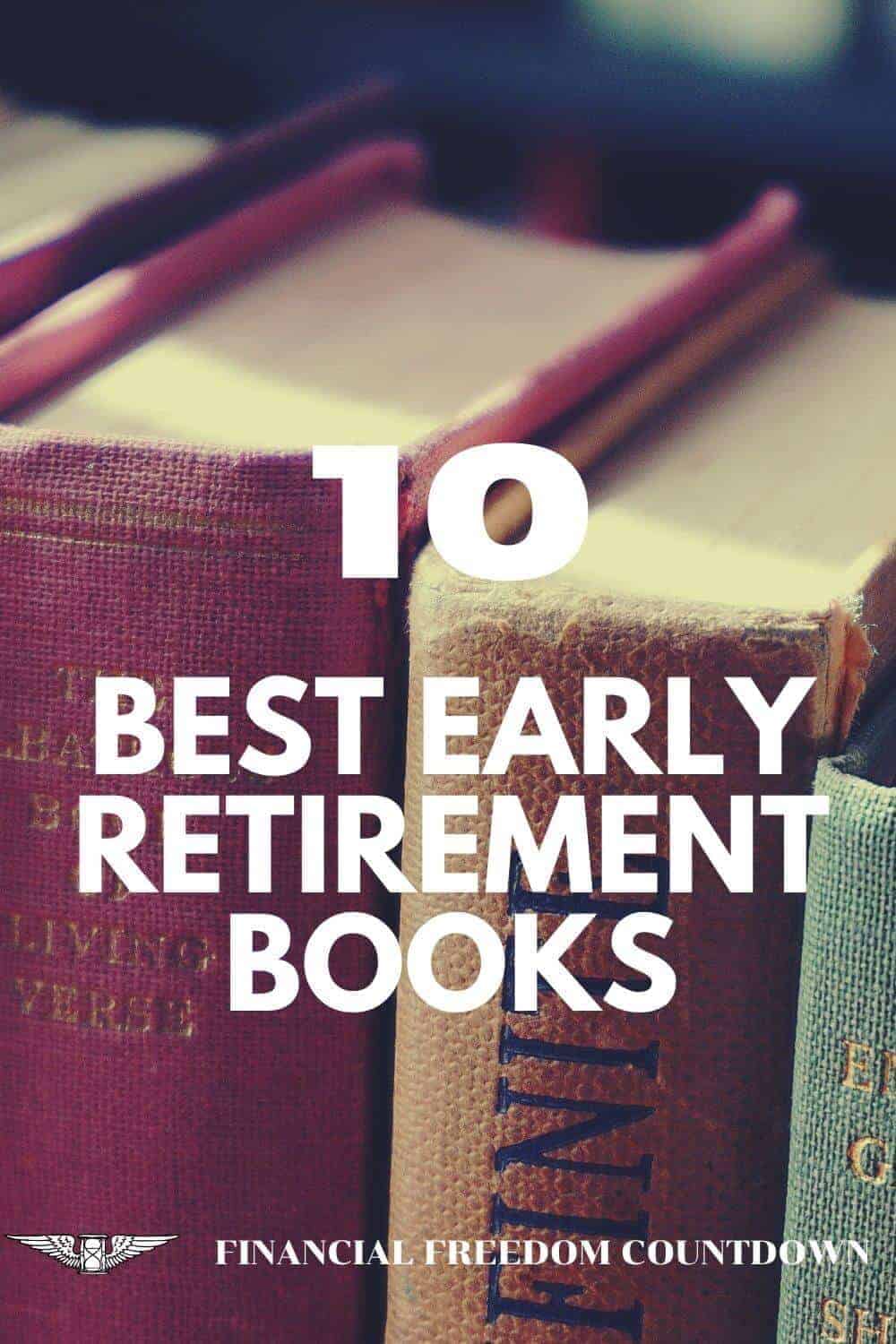
Work Optional
Tanya Hester and her husband Mark retired early at the age of 38 to live their dream lifestyle in Lake Tahoe. Tanja uses worksheets to help you envision your dream life. The book covers variables such as health care and children, protecting yourself from recessions and future unknowns.
The book is a three-part series and starts with a reflective effort to create one’s money mission statement. The questions make you confront the fact that your current lifestyle and ideal one may be at odds.
Part two is about planning, including flexibility into your plan through several contingencies. Tanya focuses her tips on containing the most significant expenses (housing and healthcare in retirement, and housing and transportation in pre-retirement.
The final section of the book ties back to the reader’s original vision of work-optional life. And advises how to make the biggest financial decision to retire. It includes gentle reminders for self-care and living a purpose-filled early retirement, semi-retirement, or career intermission life.
Rich Dad Poor Dad
Any real estate fan will have the Robert Kiyosaki classic high on their list. Although it is not a classic early retirement book, it is a great personal finance book.
The book covers how to grow your assets and the difference between assets and liabilities. It also talks about how parents shape their children’s financial education. The book is one of the classics for real estate investing and is also on the best books for real estate investors list.
Robert talks about his story of growing up with two dads; his birth father and the father of his best friend, aka rich dad. The book covers how both men shaped his thoughts about money and investing. And it explains the difference between working for money and having your money work for you.
One of the most exciting aspects is that the book challenges the conventional wisdom that your primary house is an asset. Most Americans buy too big of a home. And all of their money is tied up in their house instead of being used to make more money.
I accidentally fell into the same problem due to the rapid increase in house prices. I rectified the situation by cash-out refinancing and then deploying my excess cash into income-producing real estate syndications.
Although the book doesn’t cover FIRE principles, it is an excellent personal finance book.
Quit Like a Millionaire
Kristy Shen and Bryce Leung share their story of retirement with a million dollars in their early 30s. I liked the immigrant aspect of Kristy’s story of arriving from China to Canada. A lot of it mirrors my own story, except I came at a later age and by myself, while Kristy came at a younger age with her parents taking the giant leap.
The most controversial part about their journey is that they decided not to buy a house and instead invested the money. They spend their time traveling to different countries and living like digital nomads. The geo-arbitrage cost-benefit between living in Canada versus living in other countries provides the most significant benefit.
Being world-traveling early retirees is a personal preference. I travel for five months a year but always prefer to come back to my home in San Francisco. Also, I am not sure how practical this lifestyle would be if you have a family and want to spend more time with your loved ones.
Since Kristy and Bryce don’t have kids, they included a couple of guest writers to provide factual information on FIRE with kids. They also breakdown how you could FIRE with different income thresholds.
This book is excellent for young adults. The key takeaways are to have a high-paying college major, and your partner’s choice makes a big difference in achieving early retirement. It also discourages student debt, lavish spending, and massive student loans. It reinforces the importance of saving early and often with a simple investing plan.
Retire Early with Real Estate
Chad Carson is a real estate investor and also blogs about his journey. This book focuses on using real estate for early retirement.
Using cash flowing real estate has always worked for individuals not comfortable with stock markets’ volatility. While the down payment requirements can be daunting to get started, there are several ways to invest in real estate with little or no money down.
Chad’s book doesn’t focus on building a real estate empire or strategies like farmland investing. Instead, it focuses on buying homes as rental properties for people to live in. Given the changing economic and political environment, I am a little hesitant about this approach of buying several single-family homes as a residential rental property, Commercial real estate crowdfunding might be a better option
Choose FI: Your Blueprint to Financial Independence
The co-host, Brad and Jonathan of the Choose FI podcast, teamed up with Chris Mamula to create the book.
The book distills the various podcast episodes into a concise form. If you already listen to the podcast or read a few Financial Independence blogs, this book might seem dry.
This book is divided in four sections, and there are exercises included which complement the chapters.
1) Getting Started
2) Spend Less
3) Earn More
4) Invest Better
Like the JL Collins approach, the authors have experience with only investing in the stock market, which is their recommended path. I prefer a more diverse asset allocation strategy with several asset classes, including esoteric ones shunned by most personal finance communities such as Bitcoin or SPAC.
Final Thoughts On The Best Early Retirement Books
Pursuing Financial Freedom to achieve early retirement is a formidable goal. Conquering goals is more manageable if you have the necessary support. The financial independence community has lots of stories where one partner discovers the concept, but it is harder to get their spouse on board.
Having your spouse embracing the shared vision makes the journey a lot less stressful. Also, by including your spouse, you benefit from an accountability partner for achieving early retirement. While blogs are useful, and I hope you share my posts with your family and friends, it is often easier to gift someone a book.
Readers, have you found books to be useful in your financial freedom journey. Is gifting a book a more straightforward method to get your spouse or family member on-board? Are there other books you found useful which would be a great addition to this list?

John Dealbreuin came from a third world country to the US with only $1,000 not knowing anyone; guided by an immigrant dream. In 12 years, he achieved his retirement number.
He started Financial Freedom Countdown to help everyone think differently about their financial challenges and live their best lives. John resides in the San Francisco Bay Area enjoying nature trails and weight training.
Here are his recommended tools
Personal Capital: This is a free tool John uses to track his net worth on a regular basis and as a retirement planner. It also alerts him wrt hidden fees and has a budget tracker included.
Platforms like Yieldstreet provide investment options in art, legal, real estate, structured notes, venture capital, etc. They also have fixed-income portfolios spread across multiple asset classes with a single investment with low minimums of $10,000.











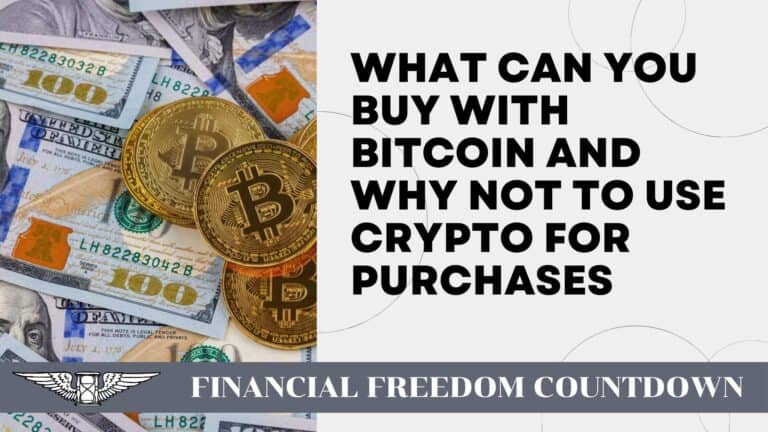
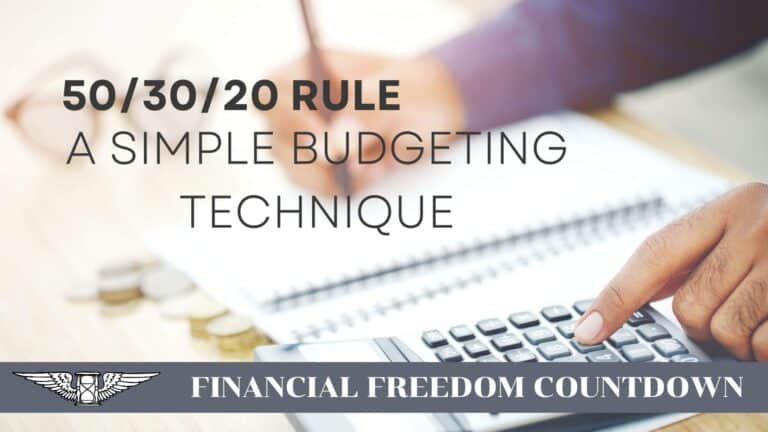
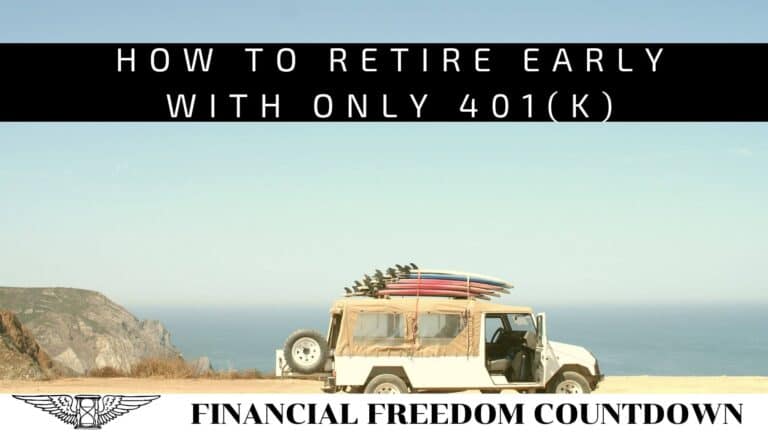
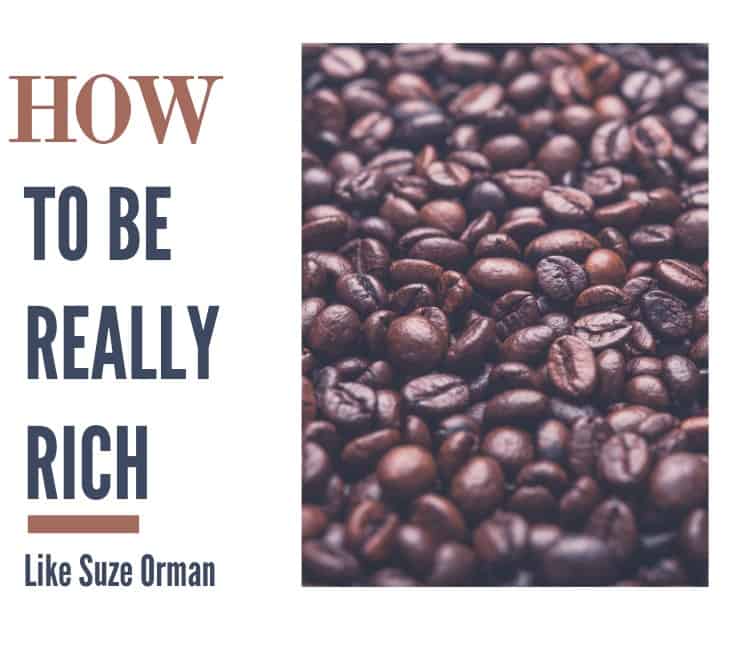
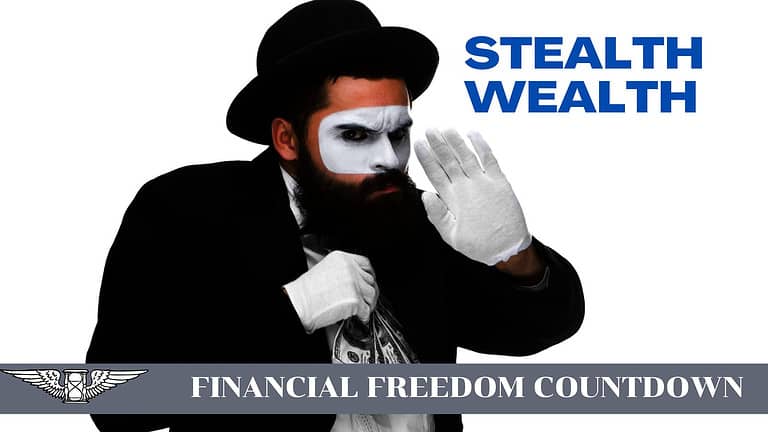
I like the ideal of these books , and would like to know how I and my friend can receive free books. Thank you.
Your local library could be an option for free books. Personally I find books provide so much value for a fraction of the cost that I purchase them from Amazon and after reading, share them with my family and friends.